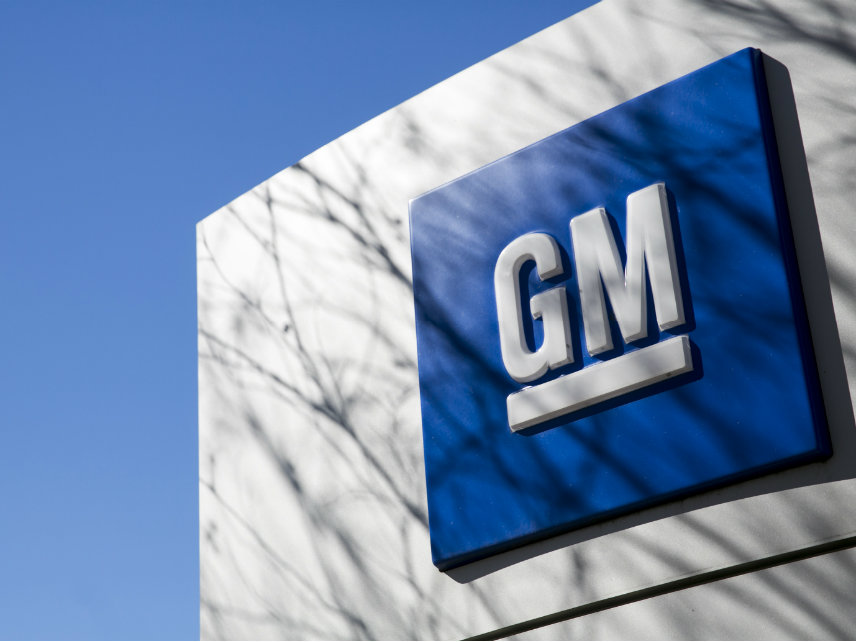After Losing $1 Billion to Tariffs, General Motors Announces 14,000 Layoffs
Trump's rally promises won't happen because of Trump's trade policies

Speaking to a cheering crowd in Youngstown, Ohio, in July of last year, President Donald Trump promised more jobs would soon be flowing to the blue-collar city.
"Let me tell you folks in Ohio and in this area, don't sell your house," Trump said at the time, to wild applause "We're going to get those jobs coming back, and we're going to fill up those factories or rip them down and build brand-new ones. It's going to happen."
Months later, though, Trump imposed new tariffs on imported steel and aluminum that increased prices for many American manufacturers, including carmakers. He followed those tariffs with others targeting Chinese-made goods, including parts used specifically in the manufacturing of automobiles. General Motors, in July, said Trump's tariffs would cost it more than $1 billion over a full year and the company's chief financial officer told Reuters that GM would deal with those added costs by "negotiating price reductions with suppliers, raising prices on more popular models, and cost cutting."
The cost-cutting happened on Monday, when GM announced that it would eliminate about 14,000 jobs in North America and could close five manufacturing plants. Alongside two plants in Michigan, one in Maryland, and one in Ontario, Canada, GM said one of the plants targeted to be closed—or, um, "unallocated" in the awful PR-jargon used by GM in the announcement—is just outside of Youngstown, Ohio.
One could argue that it's not a direct line from Trump's tariffs to GM's announcement Monday. The automaker says the decision to reduce American production has to do with reduced demand for cars like the Chevrolet Cruze, which is built at the Ohio plant, and an overall strategic shift towards more popular crossover and SUV models.
That may have played a role in the decision to lay off what amounts to 8 percent of GM's global workforce. The layoffs will hit 8,000 white-collar employees and at least 5,900 blue-collar workers.
Still, the added cost imposed by the tariffs is surely a factor. As Scott Lincicome, a trade attorney and senior fellow at the Cato Institute, pointed out on Twitter, that $1 billion could have paid for a years' salary for 24,000 assembly line workers (who make an average salary of $41,000).
If nothing else, losing $1 billion to higher import taxes may have forced GM to take more dramatic steps more quickly than otherwise would have.
It's also a reason why the company is unlikely to take Trump's advice, offered Monday afternoon, to replace production of the Cruze with something else in Ohio.
Trump told The Wall Street Journal that he spoke with GM CEO Mary Barra on Monday and told her that GM "better damn well open a new plant there pretty quickly."
But as long as the tariffs remain in place, GM and other American automakers have little incentive to expand production and every incentive to find new supply chains and cost-cutting strategies to avoid the import taxes. All the threats from the White House won't change the economic landscape that the Trump administration has helped create, one that is rockier than ever for American manufacturers and the people they employ.


Show Comments (286)